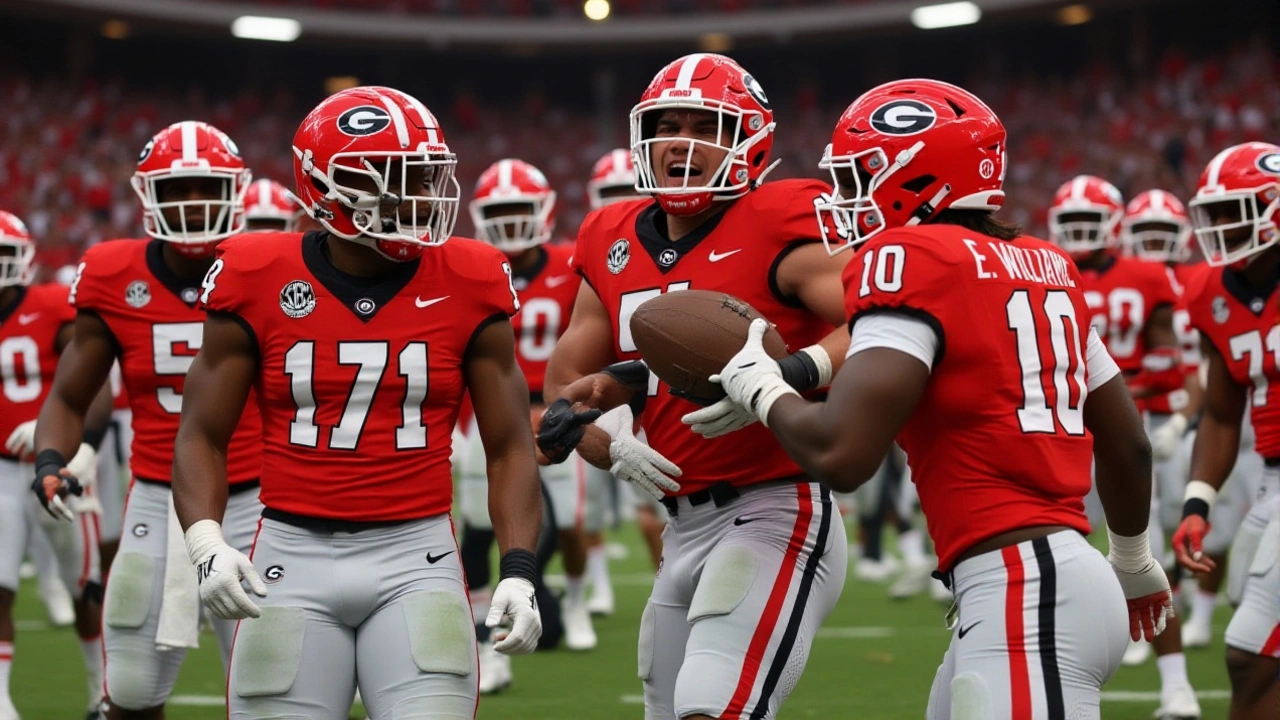SEARCH
Vertebrate Wildlife Chronicles

Escort Dubai - What You Need to Know About Independent Escorts in the City
Dubai is home to a discreet yet thriving community of independent escorts, many from Europe, offering refined companionship based on professionalism, privacy, and emotional intelligence. Discover what sets them apart and how to navigate this world with respect.
Continue reading
Eros vs Slixa Cost Comparison: Which Service Delivers More Value in 2025?
Eros and Slixa are two top adult entertainment platforms in 2025. This detailed cost comparison breaks down pricing, content volume, video quality, and user experience to help you decide which one delivers more value-especially after Slixa's record-breaking January.
Continue reading
Stranger Things Season 5 Theory: Vecna May Be a Pawn of the Mind Flayer
A viral theory claims Vecna is a pawn of the Mind Flayer in Stranger Things Season 5, with Holly Wheeler’s capture and Will Byers’ visions hinting at a hive-mind invasion set to climax in the December 31, 2025 finale.
Continue reading
Burnley vs Chelsea: Premier League clash ends in tense stalemate as relegation battle heats up
Burnley held Chelsea to a 1-1 draw at Turf Moor in a pivotal Premier League clash, with Josh Cullen and Enzo Fernández scoring as Burnley fight relegation and Chelsea chase Champions League qualification.
Continue reading
Ohio State, Indiana, Texas A&M, Georgia Hold Top 4 in College Football Playoff Rankings
Ohio State, Indiana, Texas A&M, and Georgia hold the top four spots in the 2025 College Football Playoff rankings after Week 12, with the final selections set for December 7. Indiana's 11-0 record is a historic surprise, while Georgia's lone loss doesn't derail their title hopes.
Continue reading
Robert Irwin and Witney Carson Lead DWTS Season 34 Semifinals After Whitney Leavitt’s Shocking Exit
Continue reading
Lakers Crush Pelicans 118-104 as Reaves Drops 31 in Emirates NBA Cup Win
Austin Reaves scored 31 points as the Los Angeles Lakers beat the New Orleans Pelicans 118-104 in the Emirates NBA Cup on November 14, 2025, improving to 9-4 while the Pelicans fell to 2-10.
Continue reading
UNC Ends 23-Year Drought vs. Kansas With 87-74 Win at Smith Center
UNC defeated Kansas 87-74 on November 7, 2025, ending a 23-year losing streak, with freshman Caleb Wilson scoring 24 points in a dominant second-half performance at the Dean E. Smith Center.
Continue reading
Rookie Trey Yesavage Sparks Blue Jays' 11-4 World Series Opener
Rookie pitcher Trey Yesavage leads the Blue Jays to an 11‑4 win over the Dodgers in Game 1 of the 2025 World Series, setting a franchise strikeout record and sparking hometown celebrations.
Continue reading
Shohei Ohtani’s 3‑HR, 10‑K Game Powers Dodgers to NLCS Sweep
Shohei Ohtani’s three‑home‑run, ten‑strikeout masterpiece carries the Dodgers to a NLCS sweep and a World Series berth, reshaping two‑way player expectations.
Continue reading